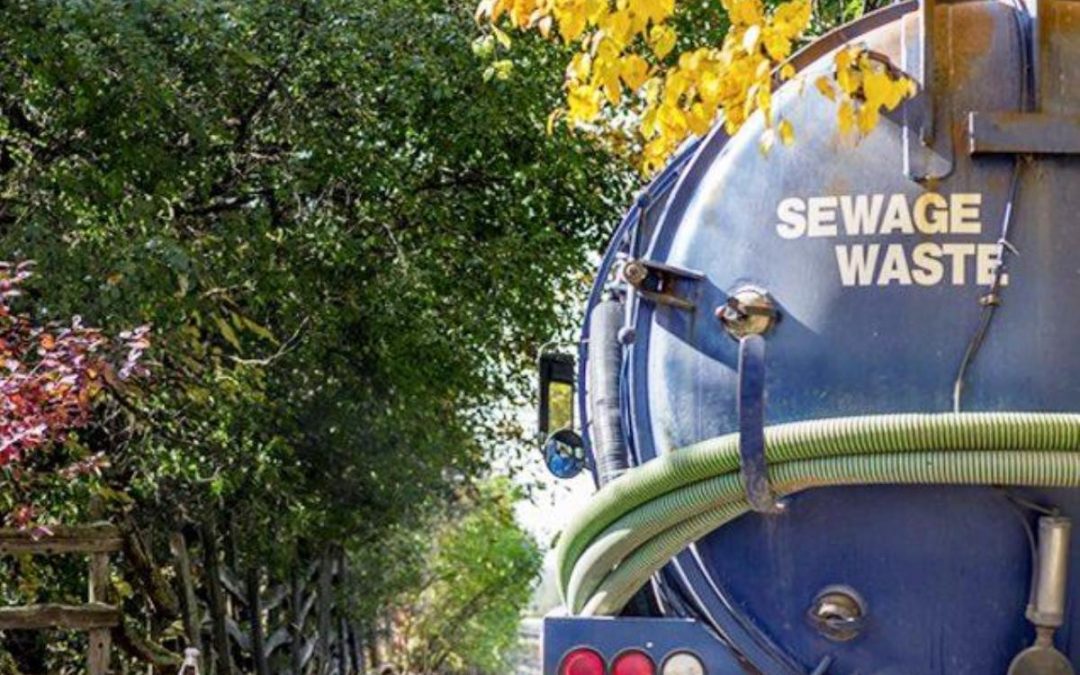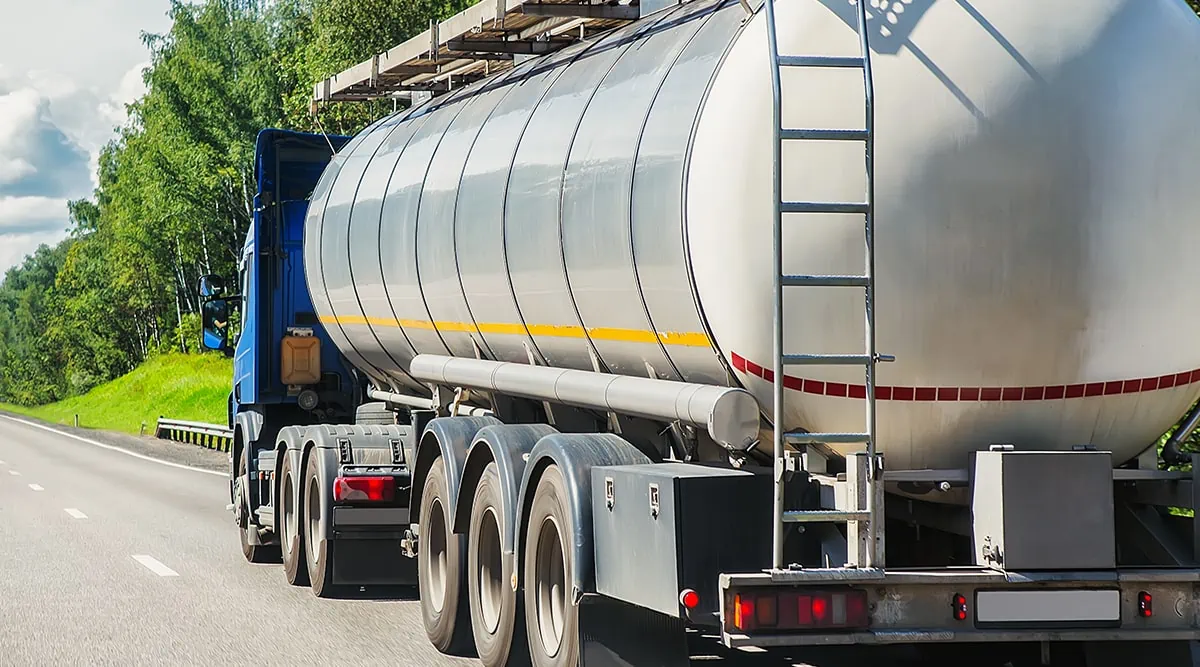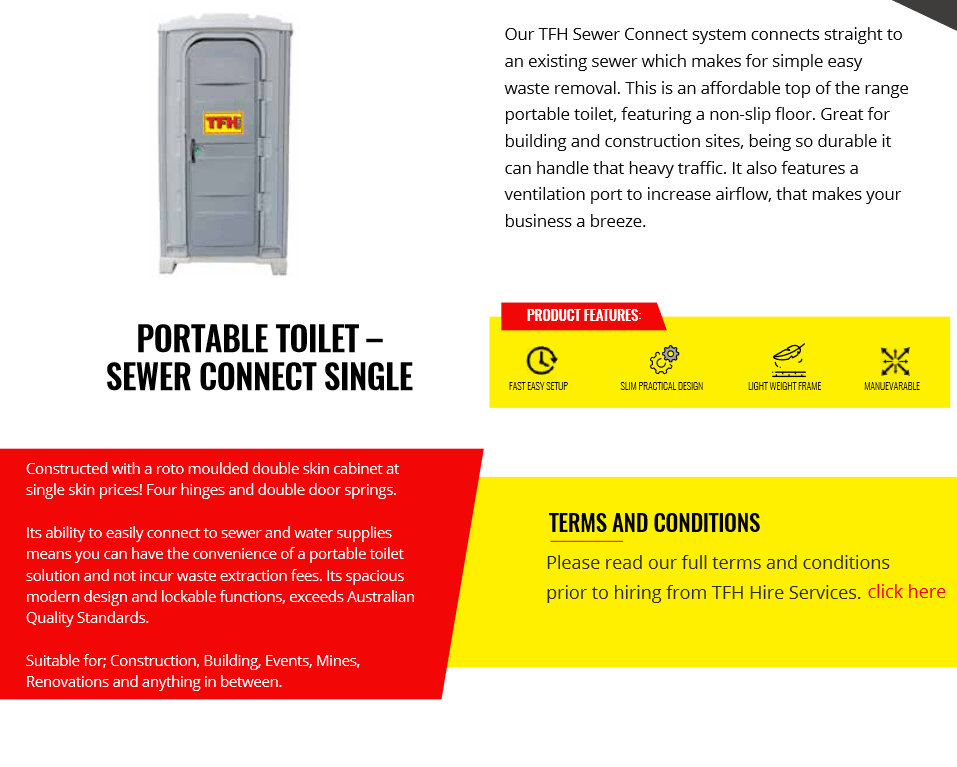The Greatest Guide To Reclaim Waste
The Greatest Guide To Reclaim Waste
Blog Article
All About Reclaim Waste
Table of ContentsThe smart Trick of Reclaim Waste That Nobody is Talking AboutReclaim Waste Fundamentals ExplainedNot known Incorrect Statements About Reclaim Waste The 7-Minute Rule for Reclaim WasteReclaim Waste Fundamentals ExplainedEverything about Reclaim Waste

Never place hazardous compounds down sinks, commodes or stormwater drains Materials including petroleum, oil, oil, chemicals and herbicides, and solvents such as paint strippers should not be put down sinks, toilets or stormwater drains. These substances are hard to get rid of in the sewer therapy process and trigger air pollution troubles in our regional waterways.

Although liquid waste is a term that covers a broad variety of materials, there's an excellent factor why leaving its disposal to the professionals is suggested. Liquid waste is non-solid product that has no additional use and has to be dealt with and taken care of according to regional, state and government regulations.
The Reclaim Waste Diaries
Although examples of fluid waste can include wastewater, fats, oils or grease, used oil, fluids, solids, gases or sludges and harmful home liquids, there are some that are considered to be much more harmful than others when it pertains to the atmosphere and the health and wellness of pets and humans alike. It's therefore that each state and region have actually stringent policies linked to liquid waste management.
Fluid waste can be saved in holding storage tanks or packaged in drums, intermediate mass containers or approved tiny containers prior to either being treated or removed by means of outsourced vacuum trucks. Offered the nature of the materials, fluid waste can not enter the general waste stream and there are stringent laws on just how to deal with it properly.
(https://reclaimwaste1.bandcamp.com/album/reclaim-waste)Relying on a resolution of the level of threat, it might be necessary to remediate those sites. Furthermore, dangerous liquid chemical wastes are controlled waste and has to be tracked according to the state waste regulation. Under the chain of wardship and duties, owners are accountable and responsible for waste created by an organization.
Among the core applications for superabsorbent polymers (SAPs) is fluid waste solidification. liquid waste disposal. SAPs are made use of by waste management experts to protect against potentially harmful fluids from getting in waterways, groundwater aquifers, and various other delicate settings. Because liquids can quickly deliver impurities right into ecological receptors and potentially contribute to click here for more info geotechnical failings, fluid wastes are practically always restricted from disposal in landfills
Our Reclaim Waste Ideas
Generally, free fluids are fluids that divide from the strong portion of waste material. Fluid waste can consist of the following: HDD mud and cuttings Landfill leachate Wastewater treatment sludge & biosolids Dug up sediments Oil and gas drill cuttings Clearing up pond filth Hydro Excavation slurry Coal burning residuals/ash Storage tank bottom sludge Concrete grinding/polishing slurry Related Write-up: For a useful instance of complimentary liquids dividing from waste product, consider the complying with situation: A waste monitoring contractor tons a dump associate sludge from a wastewater treatment plant's aeration basin, throughout a routine maintenance event.
When the chauffeur shows up at the landfill, he notices water leaching from the sludge and putting from the dump truck. The lots was declined by the landfill and the chauffeur was required to deal with the waste as a liquid waste at a special facility, which raised the disposal charges enormously.
We also require to be responsible for the appropriate disposal of our waste materials. It is not enough that we pay waste disposal business to take care of our rubbish.
All about Reclaim Waste

Segregating your waste can start inside the home. Segregate completely dry and fluid waste as well as edible waste, naturally degradable and non-biodegradable materials.
Layer the bottom with soil to absorb the damp waste. Layer the garden compost with damp and completely dry waste as well as dirt to maintain a balance in between the wet and the dry.
Reclaim Waste Things To Know Before You Get This
Cover the compost bin. When a week, add dirt on top of the compost. To assist in faster disintegration, you can also add semi composted dirt to the compost. Maintain the garden compost. If you observe the odor is coming to be also solid, include extra papers and paper waste or include more openings to the compost bin to maintain the equilibrium of the waste materials.
We also need to be liable for the proper disposal of our waste products. It is not sufficient that we pay waste disposal firms to take treatment of our rubbish.
Our waste, our duty. Have you ever before questioned what occurs to your liquid waste after it's collected? Did you recognize that liquid waste can be recycled? As accountable people, you must comprehend what occurs to your rubbish and where it goes after it is removed from you. Understanding the liquid waste elimination procedure is important in helping you to segregate your waste.
How Reclaim Waste can Save You Time, Stress, and Money.
Segregating your waste can start inside the home. Segregate completely dry and liquid waste as well as edible waste, biodegradable and non-biodegradable materials.
You can make use of old trash container, pail, yard pot or old plastic drums. Drill 4 to five openings in the container so the air can distribute. Layer all-time low with dirt to soak up the wet waste. Begin the composting process. Layer the compost with damp and dry waste as well as dirt to keep a balance in between the wet and the completely dry.
Cover the garden compost container. When a week, include soil on top of the garden compost. To facilitate faster decomposition, you can also include semi composted soil to the garden compost. Maintain the compost. If you observe the smell is becoming too solid, add additional papers and paper waste or include even more openings to the compost bin to maintain the equilibrium of the waste materials.
Report this page